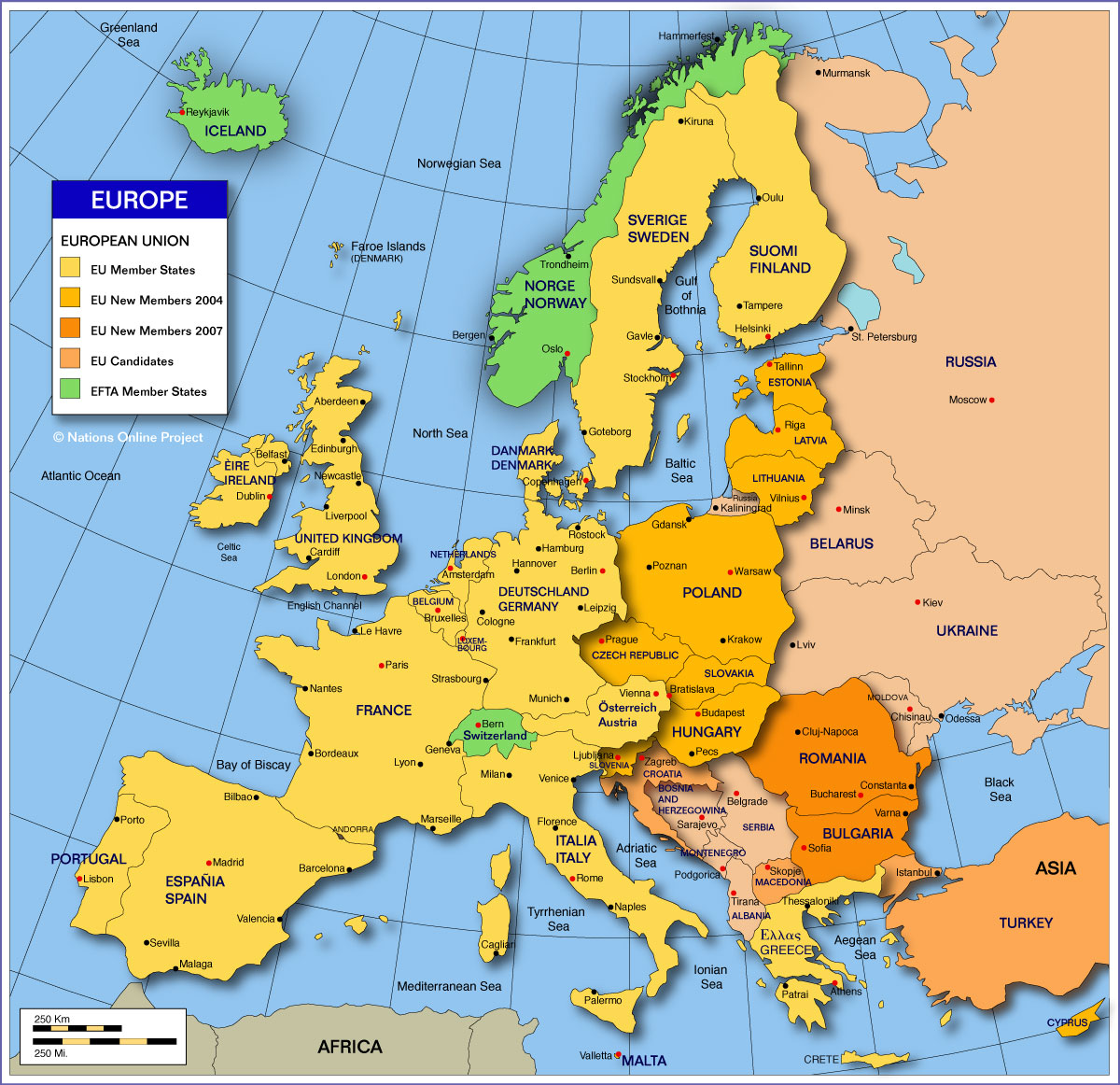Investing
The World Economic Forum Takes Stand On Global Risks
Published:
Last Updated:
 The World Economic Forum has offered its annual evaluation of the economic situation around the globe. It does not like what it sees, for the most part. There is some sense to that. Most national economies continue to struggle. Food shortages are not matched by food production. Leverage plagues may large national economies.
The World Economic Forum has offered its annual evaluation of the economic situation around the globe. It does not like what it sees, for the most part. There is some sense to that. Most national economies continue to struggle. Food shortages are not matched by food production. Leverage plagues may large national economies.
The WEF points to three difficulties above others. Its “Global Risks 2011, Sixth Edition” identifies:
“macroeconomic imbalances and currency volatility, fiscal crises and asset price collapse arise from the tension between the increasing wealth and influence of emerging economies and high levels of debt in advanced economies”
“a cluster of risks including state fragility, illicit trade, organized crime and corruption” because “In 2009, the value of illicit trade around the globe was estimated at US $1.3 trillion and growing.”
And, “Demand for water, food and energy is expected to rise by 30-50% in the next two decades, while economic disparities incentivize short-term responses in production and consumption that undermine long-term sustainability.”
The pessimistic take on the report is that the problems cannot be solved, especially by analysis from The World Economic Forum. A more optimistic view is that the problems will solve themselves, but that the road to solutions will be brutal.
The trouble with the leverage of developed nations is that some sovereign debt will undoubtedly end up in default. This may cost investors, banks, and governments tens of billion of dollars. Many of these risks have already been hedged, so the damage could be sustainable. The countries that cannot support their debt will have to face the fall-out of default, but defaults of the sort are hardly new and the global economy has survived them.
Corruption is not a problem that can be solved. The $1.3 trillion a year black market is small enough for the global economy to accept, especially because there is no systematic way to deal with it. Stolen intellectual property in China is not going to be stopped by any means, at least not in a substantial way soon. Organized crime in the US has survived the efforts of the FBI to eradicate it for years.
The most tragic problem among those set out by the WEF report is the issue regarding food and water. Crop production cannot keep up with the predicted rise in demand. The supply of fresh water around the world cannot be increased by the levels which are necessary to offer every thirsty person relief. The result to this broad problem is likely to be a rise in famine that is so great that it challenges the imagination. Some countries like the US may offer aid and food, but even America will find the needs of the world’s hungry beyond its means. And, the US economy may be crippled enough so that the generosity it has shown in decades past cannot be renewed.
The World Economic Forum describes what may be a dark future for much of the world, and there is no getting around most of it.
Douglas A. McIntyre
Take the quiz below to get matched with a financial advisor today.
Each advisor has been vetted by SmartAsset and is held to a fiduciary standard to act in your best interests.
Here’s how it works:
1. Answer SmartAsset advisor match quiz
2. Review your pre-screened matches at your leisure. Check out the
advisors’ profiles.
3. Speak with advisors at no cost to you. Have an introductory call on the phone or introduction in person and choose whom to work with in the future
Take the retirement quiz right here.
Thank you for reading! Have some feedback for us?
Contact the 24/7 Wall St. editorial team.